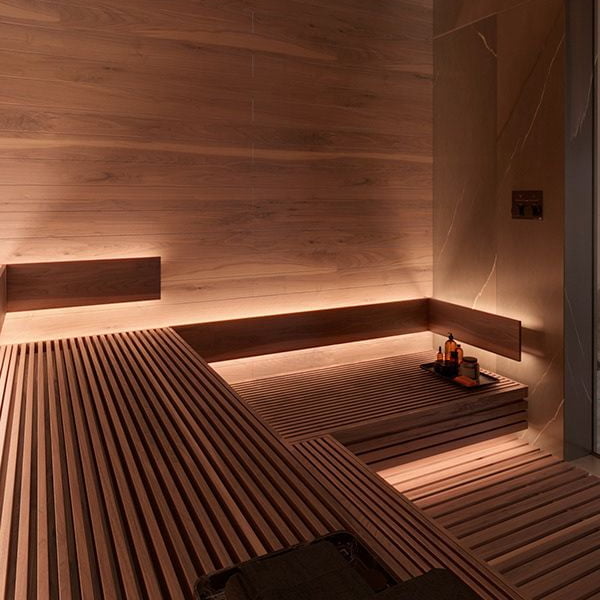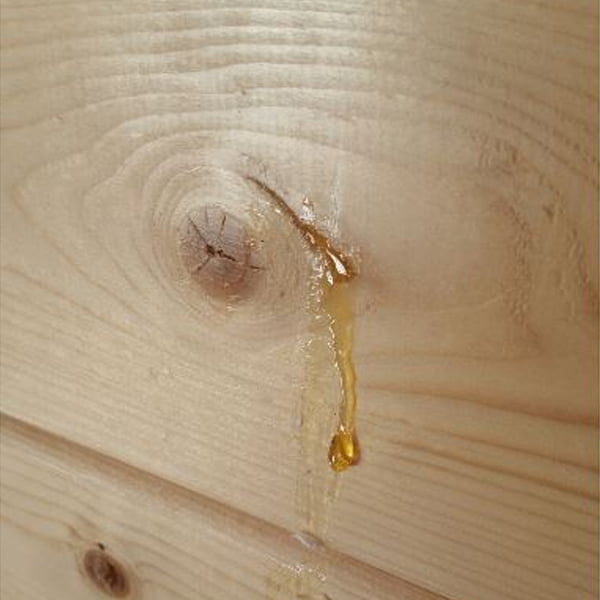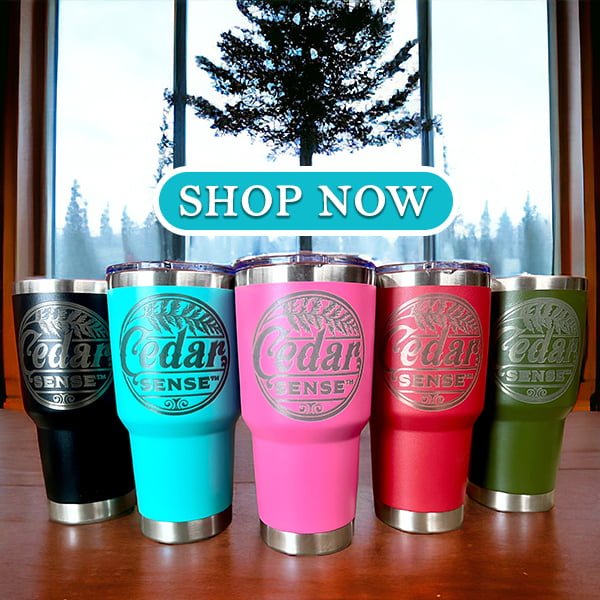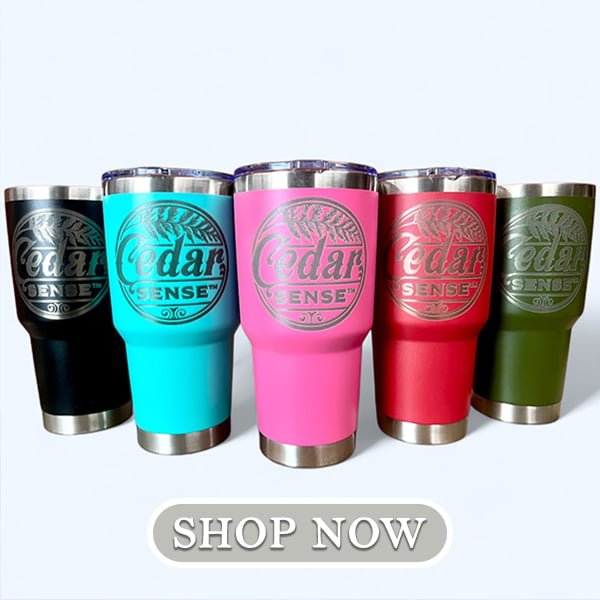The Essential Considerations for Sauna Wood Selection
Selecting the ideal wood for your sauna transcends mere aesthetic choice—it’s crucial for ensuring durability, performance, and overall satisfaction.
While cedar is often lauded as the premier choice for sauna construction in the United States, how does it truly compare against other popular sauna woods like hemlock, aspen, and spruce? These species have been the choice where saunas originated in Scandinavian countries like Finland.
Furthermore, should certain cheaper options like pine be considered for making your sauna?
This detailed guide will delve into the properties of each wood type, providing a comprehensive comparison and exploring why some woods are more suitable than others for sauna use.

The Preeminence of Cedar in Sauna Construction
Cedar’s dominance in sauna wood choices is based on a combination of factors that make it particularly suited to sauna environments. These are reasons why, in the United States, cedar is so popular.
1. Exceptional Durability and Moisture Resistance
- Natural Resilience: Cedar contains natural oils that provide inherent protection against rot, mildew, and insect damage—essential qualities in the humid environment of a sauna.
- Longevity: A well-maintained cedar sauna can last decades, making it a wise investment for long-term durability.
2. Aromatic and Air Quality Benefits
- Pleasant Fragrance: Cedar emits a natural, soothing aroma when heated, which not only enhances the relaxation experience but also contributes to the therapeutic aspects of sauna use.
- Improves Air Quality: The natural fragrance helps maintain a fresh atmosphere within the sauna, further adding to its health benefits.
Learn More About the Unique Properties of Cedar for Saunas
Alternatives to Cedar: Hemlock, Aspen, and Spruce
So what are the other options for a sauna besides cedar? Let’s introduce you to other species of wood that give you the good & bad of each type of each.
Exploring other wood options is essential to understand what each can offer and how they stand in comparison to cedar.
- Hemlock
- Pros: Known for its non-toxic nature and lack of resin, making it suitable for those with allergies. Hemlock also has a uniform texture which provides a smooth finish.
- Cons: It lacks the natural insect-repelling oils of cedar and is more susceptible to moisture damage without proper treatment.
- Aspen
- Pros: Odorless and non-allergenic, aspen is perfect for those who prefer a neutral scent and is highly resistant to splitting and cracking under heat.
- Cons: It requires more maintenance than cedar and may not last as long without regular upkeep.
- Spruce
- Pros: Economical and readily available, spruce offers a lighter alternative with decent durability and a subtle scent.
- Cons: Spruce can be prone to sap leakage at high temperatures, which requires additional maintenance to handle.
The Plunge’s Comprehensive Review of Sauna Woods and Their Durability
Why Pine Is NOT Suitable for Sauna Use
While discussing suitable woods, it’s crucial to understand why some woods, like pine, are not recommended for sauna construction.
- High Sap Content: Pine is known for its high sap or pitch content, which can become problematic in the heat of a sauna. The sap can heat up and start to seep out of the wood, creating a sticky mess.
- Air Quality Concerns: The heated sap can emit fumes that may degrade the air quality inside the sauna, potentially leading to discomfort or respiratory issues.
- Maintenance Hassle: Cleaning sap from sauna surfaces can be difficult and time-consuming, detracting from the overall sauna experience.

Detailed Comparison: Heat Retention, Cost, and Aesthetic Appeal
Understanding how each wood type handles heat and fits into your budget is vital for making an informed decision.
- Heat Retention and Thermal Properties
- Cedar: Excellent insulation properties with minimal shrinkage or swelling at high temperatures.
- Hemlock: Good insulator but may expand or contract more than cedar in extreme climates.
- Aspen: Adequate insulation capabilities but less efficient than cedar, requiring more energy to maintain heat.
- Spruce: Similar to hemlock but can be less stable under fluctuating temperatures.
- Cost and Availability
- Cedar: Generally the most expensive due to its superior qualities.
- Hemlock and Aspen: More affordable than cedar, offering a good balance between cost and performance.
- Spruce: The most budget-friendly option, though with potential added costs in maintenance due to sap issues.

Installation and Ongoing Care: Maximizing Wood Performance in Your Sauna
Effective installation and diligent maintenance are key to the longevity and safety of any sauna wood.
- Proper Installation Techniques: Ensure all wood types are correctly installed with ventilation in mind to prevent moisture buildup and wood rot.
- Maintenance Requirements: Regular cleaning and periodic treatments like sanding and sealing can extend the life of sauna woods, particularly those prone to moisture damage.
Sauna Maintenance Tips for Long-Lasting Wood
Conclusion: Your Ideal Sauna Wood Choice
Choosing the right wood for your sauna involves weighing factors like durability, scent preferences, maintenance needs, and budget. While cedar remains a popular and effective choice for many, understanding the properties and potential drawbacks of other woods ensures that you select the best material for your personal sauna experience.

This expanded guide offers detailed insights into the pros and cons of various woods used in sauna construction, including a critical look at why some woods, such as pine, are less suitable, helping you make a well-informed decision for your sauna building project.
 Barrel Saunas
Barrel Saunas

